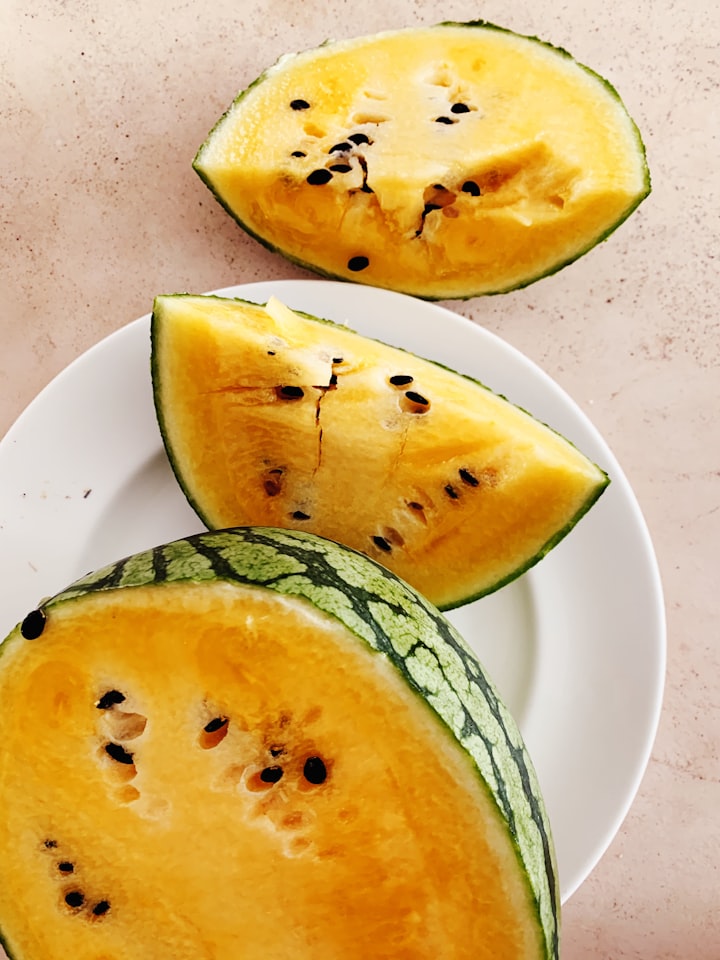5 Ways To Keep Your Drains Blockage-Free
Here are some helpful ways you can stay proactive and keep your house clean.

Unfortunately, most people don’t consider drain care until it's too late and by then, they have a big problem on their hands. Clogged drains stop proper water flow, and as the pressure within drains grows it can easily lead to a leak or rupture. If you manage to escape a disaster, the blockage may still reduce your plumbing system's life expectancy. This could result in emergency repairs down the line. If you want to avoid drain problems now and in the future, the following tips can help:
1. Use sink strainers
This is a useful tip for every home, but particularly homes with children prone to tossing wrong things in the sink or rental properties. A strainer in your kitchen sink will help you keep large bits of food, jewelry (or even cutlery) from escaping down the drain. A strainer in the shower should help you fight the battle against hair clogs, mud, and grime, or small bath toys.
2. Watch what you flush
Whatever you do, don't try to flush nappies! A lot of people falsely believe that modern nappies are made from a material allowing them to be flushed. The reality is, nappies are not biodegradable when put in water. In fact, they retain fluid so they are more likely to expand and block your drain instead.
Wipes are another issue. People often toss them down the toilet, flush, and walk away without a second thought. Wipes belong in the bin, not down the toilet.
Additionally, feminine products should not be flushed. You would be shocked by how many people toss these in the toilet, rather than the bin. If you’re renting your property, it’s especially important to wash what you flush, and this is usually noted in your tenancy agreement. Though it’s the landlord’s responsibility to ensure the working order of appliances, if a blockage is a result of your negligence, you may have to foot the bill.
3. Watch out for hair
The average person loses anywhere from 50, up to 125 hairs per day. So imagine how much hair your household will gather if you have pets too! A trap or strainer will help you collect the majority of it before it has a chance to escape down the pipes and create a clog. Just be sure to collect it daily, even if it doesn't look like much. It's always better to be safe than sorry.
4. Don’t pour fat, oil, grease down the drain
One of the most common sights plumbers see is a u-bend with a serious clog caused by fat build-up. Oil, fat, and grease are all heavier than water. You might be able to flush it away in the toilet, it might appear to wash away down the sink, but it's going to get stuck as soon as it reaches a bend. With time, it has the chance to solidify leading to a serious clog which can result in costly callouts. The best way to dispose of these items? Pop them in a sealable container, lid it, and toss it in the bin.
5. Catch food items
When you finish eating and there are scraps on your plate, what do you do with those scraps? You should scrape them into the bin or your compost heap, you should definitely never toss them in your toilet or run it down the sink. That leftover food can easily get caught and build up. Not only will it result in severe blockages, but it may also be accompanied by a horrific stench.
Finally, coffee grounds — while these are a great way to keep your drains smelling fresh and clean, if you don’t wash them down properly — or if you wash the filters with them, they can quickly build up and cause clogs. Teabags also belong in the bin. Essentially, the only thing you want to go down your drains is water and bodily functions. Anything else should be disposed of elsewhere.
About the Creator
Luke Fitzpatrick
Luke Fitzpatrick has been published in Forbes, The Next Web, and Influencive. He is a guest lecturer at the University of Sydney, lecturing in Cross-Cultural Management and the Pre-MBA Program. Connect with him on LinkedIn.






Comments
There are no comments for this story
Be the first to respond and start the conversation.